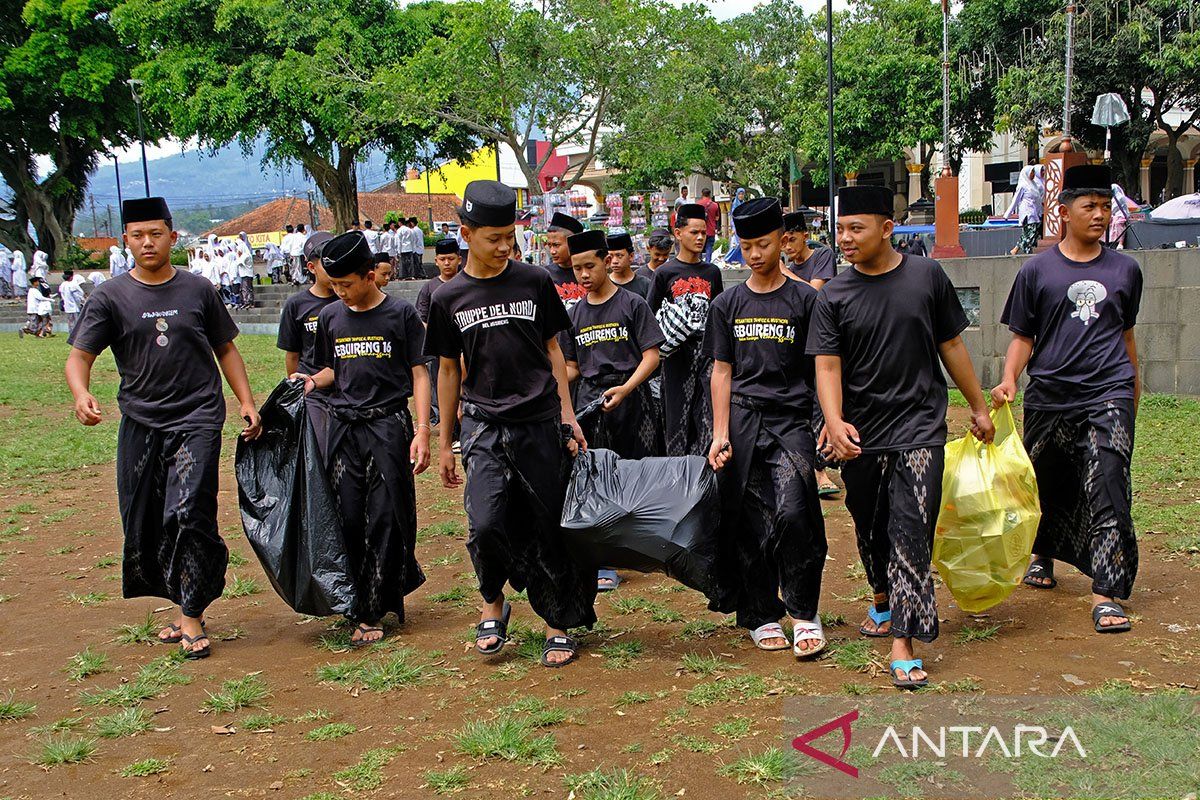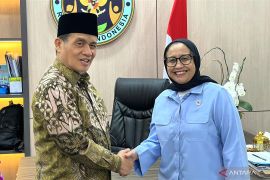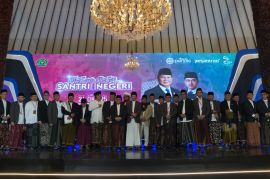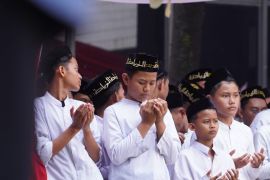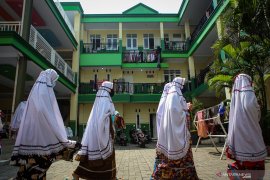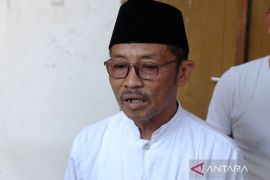Pesantrens must stay open to input from outside parties to further strengthen their role in preparing future generations, including guidance on ensuring students’ physical and mental well-being.
Responding to such input, the Ministry of Religious Affairs has established a Task Force for the Prevention and Handling of Violence at Pesantrens, underscoring its commitment to creating child-friendly pesantrens across the country.
Under this initiative, the ministry has selected at least 512 pesantrens as pilot sites for its child-friendly pesantren program. These institutions will receive mentoring, monitoring, and evaluation to ensure that the child-friendly concept is effectively implemented.
Through these efforts, the government aims to build an inclusive education ecosystem that prioritizes the well-being of pesantren students, known as santris.
This child-friendly pesantren program is a measure taken toward presenting pesantrens that are truly in line with the educational institutions' core religious values, namely, teaching religion not only as knowledge but also as something to be fully practiced in the daily lives of the santris and all members of the pesantren community.
This child-friendly pesantren program serves as an effort to ensure that the basic value of religion, which is mutually guaranteeing the safety of fellow human beings, is also practiced in the daily lives of the community, including within the pesantren community.
Several cases that indicated non-child-friendly practices within pesantren environments have not only caused psychological trauma to the victims but have even resulted in death, such as those that occurred at a pesantren in Sukoharjo, Central Java, and in Bogor, West Java, in September 2024.
In September 2022, a case of violence in a pesantren, which resulted in the death of a victim, also occurred in Ponorogo, East Java. This death case may only be found in one in a thousand of pesantrens. Nevertheless, it must remain a concern for all parties to ensure such cases will not happen again.
Looking at the pattern of the cases, violence in pesantrens is generally carried out by seniors against their juniors. Allegedly, the violent acts were a result of the same treatment that the perpetrators received from their previous seniors, thereby creating a vicious cycle of violence that requires attention from all parties to be broken.
This Religious Affairs Ministry's program is a form of the nation's and the public's attention to, or appreciation of, pesantrens' role in the development of independent education, in addition to their noble role, including during Indonesia's fight for independence, where the santris and kiai (religious scholars) participated as key actors.
With a system where seniors are entrusted with taking care of and monitoring their juniors, special attention is indeed required to avoid issues that could damage the pesantren's reputation.
All this attention, including criticism towards pesantrens, is an expression of the strong hope from the public that these institutions will remain a reference point for parents who entrust their children to pursue education there.
Of course, all incidents that have occurred and affected the good name of pesantrens have provided a major lesson for the managers of these educational institutions to improve the systems adopted in their schools, including the care system.
Although santris entrusted with mentoring their juniors in a pesantren are called seniors, they are essentially still considered underage. They are not yet fully mature, and their emotional state is still unstable, thereby requiring strict supervision from adults around them, including teachers who are expected to be more mature psychologically.
Care system
In the child-friendly pesantren program, strengthening understanding of proper care from senior to junior santris is a key priority.
Alongside teachers, or ustaz, senior santris assigned to mentor their juniors must receive psychological training on how to guide and treat younger students appropriately. This includes awareness of the legal consequences if the care system fails to uphold child-friendly principles.
By fostering better understanding of psychological and legal aspects, strict discipline - often expressed through physical punishment - can be avoided, allowing parents to feel more confident about sending their children to study at pesantrens.
A comprehensive grasp of how to create a safe and child-friendly environment is expected to help pesantrens fulfill their role in preparing a quality generation toward Indonesia’s Golden 2045 vision.
Despite public concerns over child development, pesantrens remain a preferred choice for many parents seeking moral and spiritual education for their children.
By improving the child-friendly care system, pesantrens can continue to evolve with the times and transform into modern educational institutions, while preserving their traditional values in shaping the character and morals of santris.
Related news: Indonesia establishes task force to prevent violence in pesantrens
Related news: How 'gotong royong' revives Indonesia's Islamic boarding schools
Editor: Primayanti
Copyright © ANTARA 2025
